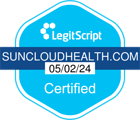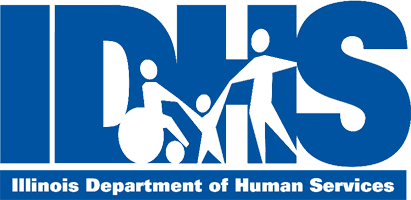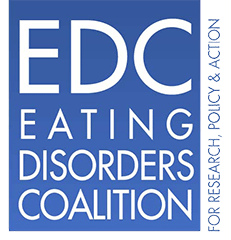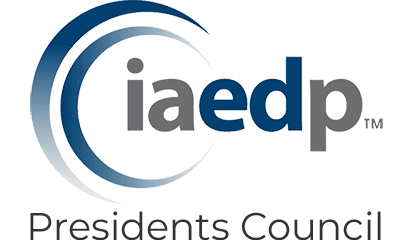More from Dr. Kim and SCH On The Compatibility of 12-step and MAT
The initial step of any successful treatment is patient engagement, establishing trust and hope, and collaboratively designing a treatment plan that the individual buys into. The evidence base for opioid use disorders has consistently shown that opioid replacement therapy (classically referred to as “harm-reduction”) yields far better outcomes and mortality rates than so-called “abstinence-based” approaches. In part, this is due to much higher treatment retention rates when patients receive appropriate medications for the physical aspects of the illness. Instead of being consumed by cravings and withdrawal symptoms, individuals have a better chance to form trusting relationships with treatment providers who can help them, and peers in recovery who can support them unconditionally along the way.
For as essential as medication can be for many people in treatment, it alone is usually insufficient to keep a person in long-term, sustainable recovery. There must be additional treatment components to address the myriad facets of the illness. We must address depression, bipolar disorder, anxiety disorders, eating disorders and post-traumatic stress disorder, all of which commonly co-occur with addiction. Evidence based-treatments targeting the emotional, social, environmental and spiritual domains of addiction include (but are not limited to) CBT, motivational interviewing, DBT, nutritional therapy, and 12-step facilitation (a topic often wrought with resistance from professionals and lay people alike).
There are many reasons why people resist going to a 12-step group; most are related to misconceptions of the fundamental tenants of the 12-step approach or a previous experience with unhealthy groups or individuals. The goal of 12 step participation is ongoing sobriety, along with sustained social, emotional and spiritual growth. The 12 steps serve as guiding principles of recovery for those with any type of addiction and the 12 traditions serve to guide the behaviors of groups as a whole.
One of the most relevant traditions with respect to MAT/12 step model controversy is the single-ness of purpose tradition, which encompasses the idea that “We have no opinion on outside issues.” Medication is considered an outside issue in healthy 12 step groups. Sponsors are not doctors. And for those who are doctors, their role as a sponsor is simply to share their experience, strength and hope regarding one area: how they work the steps to thrive in life and remain sober. Much of the push back against medication use by some individuals in 12-step groups is predicated on the definition of sobriety.
Those opposed to MAT claim that relying on medication is simply addiction shifting; in order to be genuinely “clean [do we refer to cancer patients as clean or dirty???],” they believe medication cannot be used. The truth is, for a person with an opiate addiction, part of being sober means authorizing an expert addiction doctor to manage his or her medications rather than a drug dealer on the street. This is no different than an individual who takes an anti-depressant to treat clinical depression. Some people will need anti-depressants for their depression regardless of how well they work all 12 steps.
Often the implication from opponents of MAT is “if you didn’t go through hell like I did, then you don’t deserve to be in this meeting with those who did.” The implicit message is that those with addiction must endure more suffering to learn their lesson and finally recover. “Inclusion based on degree of suffering”? This makes no sense. Everyone with the disease knows pain. Additionally, at its very heart, this mindset is judgmental and stigmatizing, which is antithetical to all that 12-step recovery stands for. Meetings are intended to be a safe, accepting place where unconditional acceptance of individual differences regarding the path of recovery is paramount.
Recovery doesn’t happen in a vacuum. Recovery happens in community, not just any community, but a healthy, compassionate, accepting, and well-informed community, not one based on intolerance and judgment.




